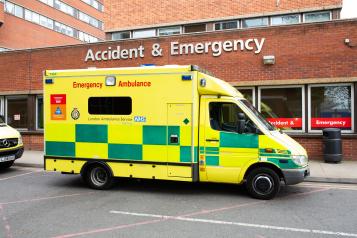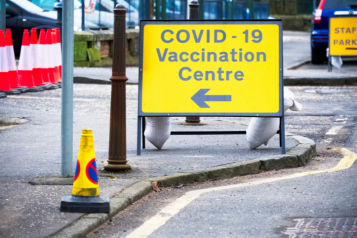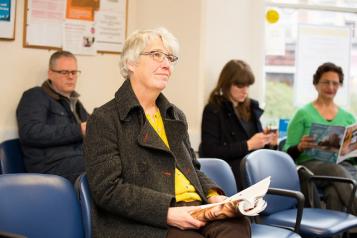Long-term effects of coronavirus (long COVID)

About long COVID
How long it takes to recover from COVID-19 is different for everybody.
Many people feel better in a few days or weeks and most will make a full recovery within 12 weeks. But for some people, symptoms can last longer.
The chances of having long-term symptoms does not seem to be linked to how ill you are when you first get COVID-19.
People who had mild symptoms at first can still have long-term problems.
Symptoms of long COVID
There are lots of symptoms you can have after a COVID-19 infection.
Common long COVID symptoms include:
- extreme tiredness (fatigue)
- shortness of breath
- chest pain or tightness
- problems with memory and concentration ("brain fog")
- difficulty sleeping (insomnia)
- heart palpitations
- dizziness
- pins and needles
- joint pain
- depression and anxiety
- tinnitus, earaches
- feeling sick, diarrhoea, stomach aches, loss of appetite
- a high temperature, cough, headaches, sore throat, changes to sense of smell or taste
- rashes
Are you worried about your COVID-19 related symptoms?
Call your GP if you're worried about symptoms 4 weeks or more after having COVID-19. If you do not know how to contact your GP, or you are not registered with a GP, contact us for information and advice.
Treatment and support
Your doctor will talk to you about the care and support you might need.
You may be given advice about how to manage and monitor your symptoms at home.
If the symptoms are having a big impact on your life, you may be referred to a specialist rehabilitation service or a service that specialises in the specific symptoms you have.
These services can help manage your symptoms and help you recover.
You can find more information to support your recovery on the Your COVID Recovery website.


